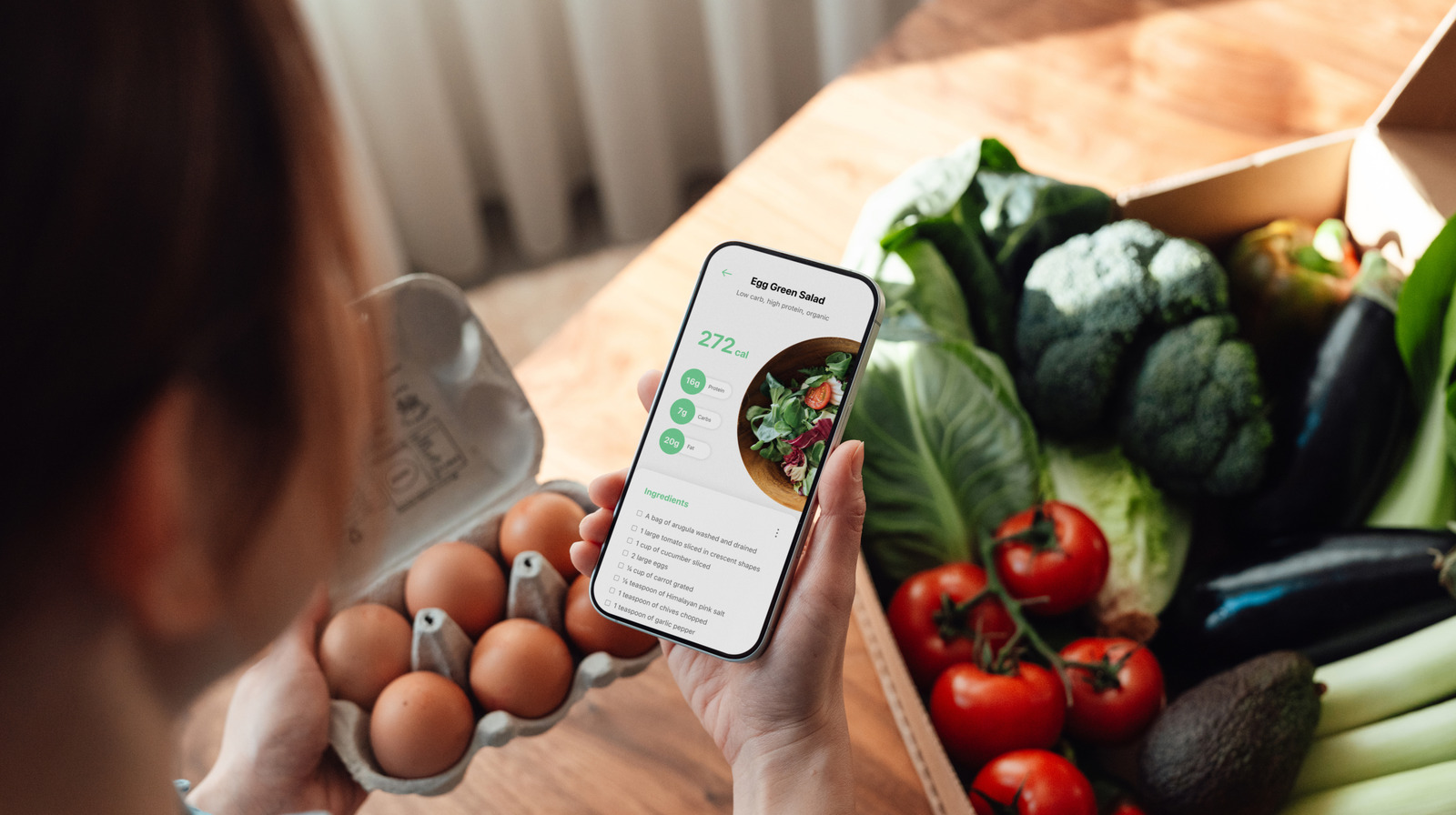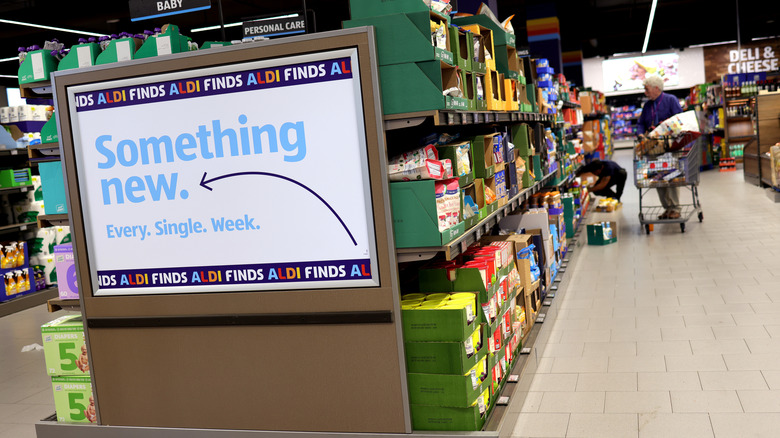Shopping at Aldi is a unique experience that’s earned the company legions of die-hard fans. People flock to the low-cost grocer for great deals on everyday staples, despite having to bag their own groceries and use a quarter to get a grocery cart. If you enjoy scoring a bargain on foods like affordable European chocolate, however, you should also embrace the in-person shopping experience, because if you’re getting your Aldi orders delivered, between service fees, product markups, and delivery charges, most (if not all) of the savings compared to premium grocery stores get cancelled out.
At first blush, a partnership between Aldi and Instacart seems like a match made in heaven. Instacart is arguably the biggest grocery delivery app in the U.S., and Aldi is one of the fastest-growing grocery store chains in the country. If you’ve ever shopped on a grocery delivery app, however, you’ve probably noticed the price difference on the app versus in the store. This is the hidden cost of online grocery shopping, and prices can really add up. If you’re not an Aldi shopper for the low prices, this might not matter to you, but for the vast majority of us who live for a low-cost gourmet ingredient, read on to take a look at the difference in prices.
The price difference between Aldi in person versus delivery
All it takes is a little bit of price comparison to find out exactly how much more it costs to get an Aldi delivery versus shopping in person. Take, for instance, a gallon of whole milk. At one location, Aldi’s Friendly Farms brand sells for $2.65 according to its online store price checker, but jumps to $3.69 in the Instacart app — a difference of more than a dollar. If a one dollar difference doesn’t seem like too big of a deal, however, consider that price exists even before you factor in the service and delivery fees.
For an order of a dozen store-brand eggs and a large container of Greek yogurt, which comes to $10.10 at Aldi, Instacart adds a delivery fee of anywhere from $1.99 to $7.99. There is also a $2.49 service fee, which brings the cost to $16.58 (when estimating with the lowest service fee). And that’s all before the app suggests a $2 tip, which brings the total up to $18.58. Just for a price comparison with a more expensive grocery store, at Whole Foods, a similar order of 365-brand eggs and yogurt costs $12.48 plus a $9.95 delivery fee, bringing the total to $22.43 (Amazon offers a place to leave a tip, but says it’s optional). So as you can see, even though almost everything is cheaper at Aldi, when it comes to delivery, with all the fees, it’s always a better bargain to shop in person.






